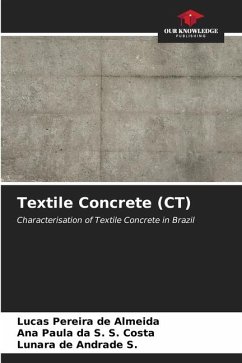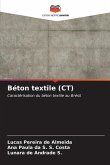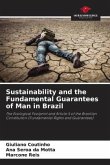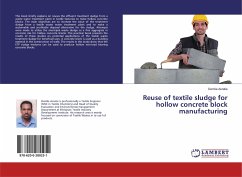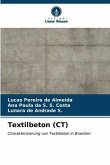Textile concrete (TC) is a composite made of fine-grained hydraulic concrete structured with a non-metallic material, which can be alkali-resistant glass fibre, carbon or aramid. This composite has a number of advantages over conventional reinforced concrete, one of which is that there is no need for an extra concrete cover to protect the steel, which saves on the mass of the component materials and reduces the weight of the final piece, with a direct impact on transport and labour costs. Considering that this material is prominent in the current market and that Brazil has an embryonic level of research on the subject, this work aims to adapt methodologies used in the production of textile concrete to the Brazilian reality, with the aim of demonstrating that Brazil is capable of carrying out new studies and even producing the new composite from materials present in the country.
Bitte wählen Sie Ihr Anliegen aus.
Rechnungen
Retourenschein anfordern
Bestellstatus
Storno

